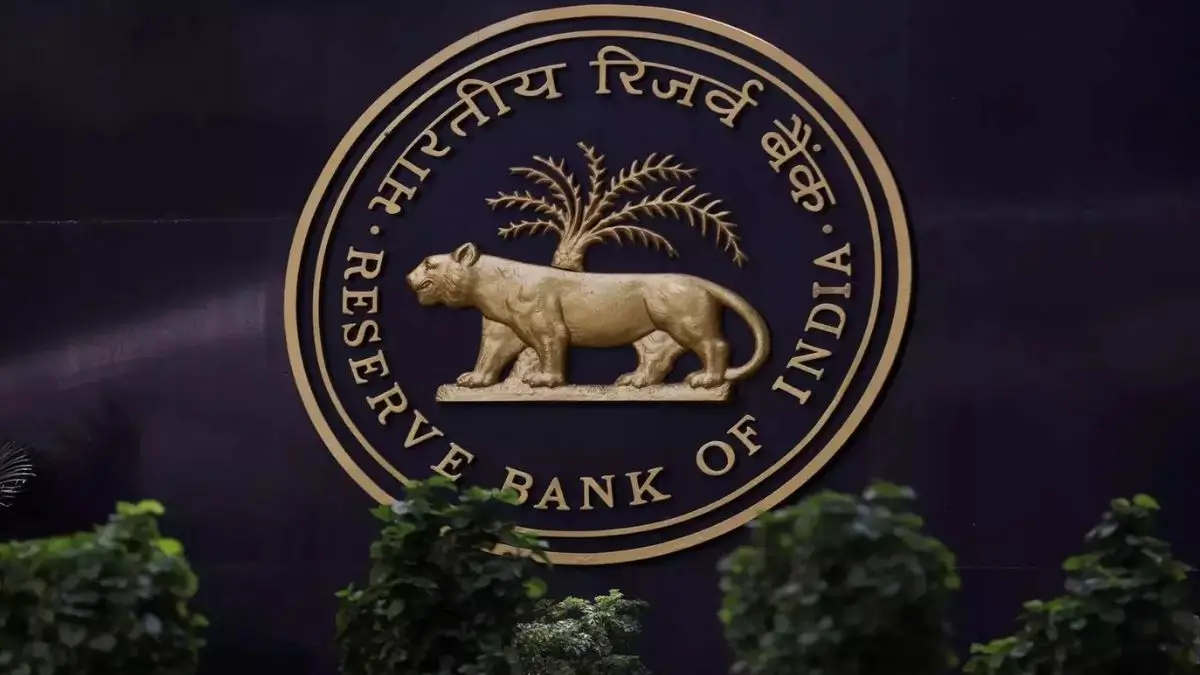India Develops Indigenous RT-PCR Testing Kit for Mpox
Introduction
India has recently unveiled a significant breakthrough in the field of diagnostics with the development of an indigenous RT-PCR testing kit specifically designed for detecting Mpox. This development marks a crucial advancement in the country’s efforts to combat infectious diseases, ensuring that healthcare providers have access to reliable and locally produced diagnostic tools.
Key Features of the RT-PCR Kit
The new RT-PCR testing kit for Mpox, developed by Indian scientists, boasts several advanced features. Unlike conventional testing methods, this kit is designed to provide highly accurate results with a faster turnaround time. The indigenous nature of the kit not only reduces dependency on foreign supplies but also cuts down on the overall cost of testing, making it more accessible for widespread use across various healthcare settings in India.
Impact on Public Health
The introduction of this RT-PCR kit holds substantial promise for enhancing public health measures. Mpox, a virus that has raised concerns globally, requires accurate and timely diagnosis to manage and contain outbreaks effectively. By producing this kit locally, India can now address potential Mpox cases more efficiently, thus bolstering its disease surveillance and response capabilities. The development underscores India’s growing prowess in biotechnology and its commitment to advancing healthcare solutions.
Collaboration and Development Process
The development of the RT-PCR testing kit involved collaborative efforts among several research institutions and biotechnology firms in India. This joint endeavor highlights the nation’s robust research infrastructure and its ability to foster innovation within the country. The project not only showcases India’s technological advancements but also sets a precedent for future collaborations aimed at addressing global health challenges.

Why This News is Important
Enhancing Diagnostic Capabilities
The launch of the indigenous RT-PCR testing kit for Mpox is a significant milestone for India’s healthcare system. By having a domestically developed diagnostic tool, India can improve its ability to detect and manage Mpox cases promptly. This enhancement in diagnostic capabilities is crucial for timely intervention and containment of potential outbreaks, thereby safeguarding public health.
Reducing Dependence on Foreign Supplies
One of the key advantages of this development is the reduction in dependence on international testing kits. By manufacturing the RT-PCR kit locally, India can ensure a steady and reliable supply, which is essential during health crises. This self-reliance not only strengthens the country’s healthcare infrastructure but also enhances its capacity to respond to emerging health threats independently.
Economic and Strategic Benefits
The indigenous production of the Mpox RT-PCR testing kit presents significant economic and strategic benefits. It lowers the cost of testing, making it more accessible to a broader population. Additionally, it demonstrates India’s growing expertise in biotechnology, positioning the country as a leader in the global healthcare industry. This development could pave the way for future innovations and collaborations in the field.
Historical Context
Background of Mpox
Mpox, formerly known as Monkeypox, is a viral disease that primarily occurs in Central and West Africa. It was first identified in 1958 and has since been recognized as a zoonotic virus, meaning it can be transmitted from animals to humans. Recent outbreaks have raised global concerns due to the disease’s potential to spread rapidly and its impact on public health.
Previous Diagnostic Methods
Historically, Mpox diagnostics relied on imported RT-PCR kits, which were costly and could lead to delays in testing. The need for more efficient and affordable testing solutions became apparent as Mpox cases continued to emerge. This context highlights the importance of developing an indigenous testing kit to address these challenges effectively.
Key Takeaways from “India Develops Indigenous RT-PCR Testing Kit for Mpox”
| Serial Number | Key Takeaway |
|---|---|
| 1 | India has developed a new RT-PCR testing kit specifically for Mpox. |
| 2 | The kit offers accurate results and faster turnaround times. |
| 3 | Indigenous production reduces dependence on foreign testing kits. |
| 4 | The development demonstrates India’s advancement in biotechnology. |
| 5 | The kit’s launch enhances India’s ability to manage and contain Mpox outbreaks. |
Important FAQs for Students from this News
1. What is Mpox, and why is it significant?
Mpox, formerly known as Monkeypox, is a viral disease that primarily affects animals but can be transmitted to humans. It has gained global attention due to its potential to cause outbreaks and impact public health. Effective diagnostics are crucial for managing and containing the disease.
2. How does the new RT-PCR testing kit for Mpox work?
The RT-PCR testing kit developed for Mpox works by detecting the genetic material of the virus in patient samples. This method is known for its high accuracy and ability to provide results quickly, which is essential for timely diagnosis and intervention.
3. What are the benefits of having an indigenous RT-PCR kit?
Having an indigenous RT-PCR kit reduces reliance on imported supplies, making testing more cost-effective and accessible. It also ensures a steady supply during health emergencies and demonstrates India’s growing capabilities in biotechnology.
4. Which organizations were involved in the development of the RT-PCR kit?
The development of the RT-PCR kit involved several research institutions and biotechnology firms in India. This collaborative effort highlights the country’s robust research infrastructure and innovation capabilities.
5. What impact does the indigenous RT-PCR kit have on India’s healthcare system?
The indigenous RT-PCR kit enhances India’s ability to detect and manage Mpox cases more effectively. It strengthens disease surveillance, reduces testing costs, and improves the country’s self-reliance in handling infectious diseases.
Some Important Current Affairs Links

















